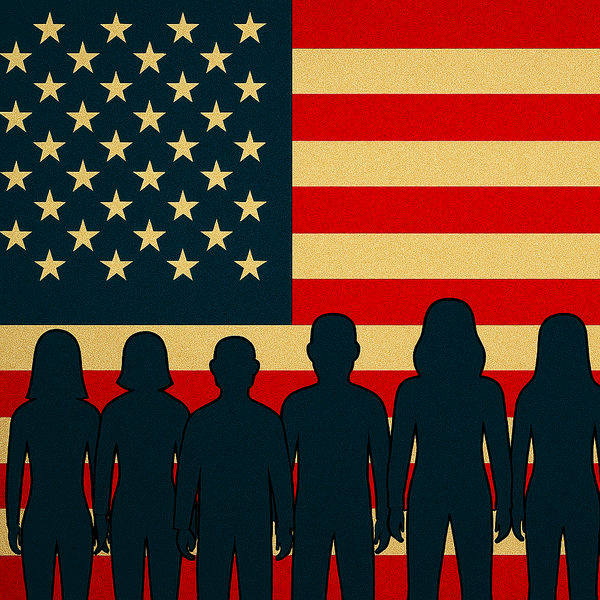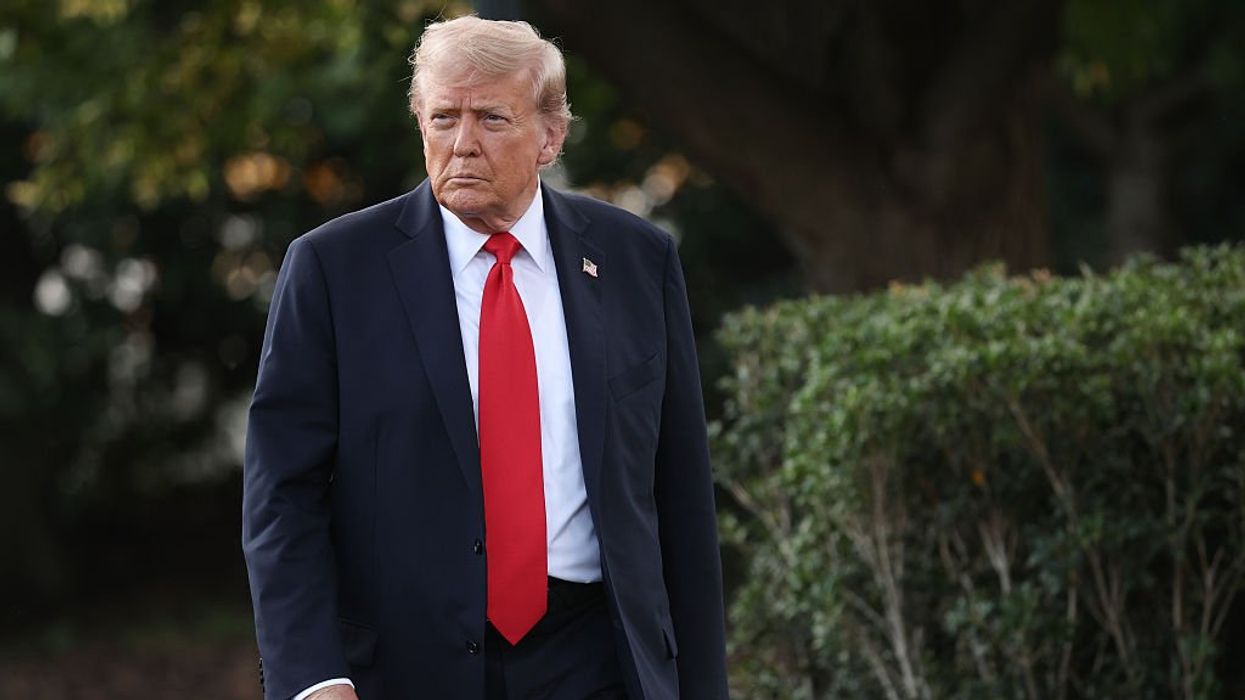In the span of twelve months, the United States has witnessed the assassination of Charlie Kirk, the attempted murder of President Donald Trump, and the fatal shooting of Minnesota State Representative Melissa Hortman and her husband—all acts rooted in political grievance. These are not isolated tragedies. This is not just political extremism. It is civic collapse.
Kirk’s murder sent shockwaves through both conservative and liberal circles, with Trump ordering flags lowered to half-staff and calling Kirk “a great guy from top to bottom”. Democratic leaders, including California Governor Gavin Newsom and Arizona Governor Katie Hobbs, condemned the violence, emphasizing the need for civility and rejecting political violence.
“Extreme political violence is increasingly becoming the norm in our country, and the shooting of Charlie Kirk is indicative of a far greater and more pervasive issue: acts of violence are becoming more common, even without any clear ideology or motive,” said Jon Lewis, a research fellow at the Program on Extremism at George Washington University. “There's really a concern about what the blowback to something like this will look like.”
Lewis’s warning echoes a growing chorus of experts who study political violence and polarization. Among them is Lilliana Mason, a political science professor at Johns Hopkins University, who emphasized the retaliatory nature of recent attacks. “People are reluctant to engage in violence first, but they're much more willing to engage in violence as retaliation,” Mason said. “No one wants to be the one to start it, but lots of people want to be able to finish it.
Mason also warns that such violence reflects “the existential stakes of our politics” and signals a breakdown in democratic norms. If the people who lead us are using violent or dehumanizing rhetoric, then it’s a signal to their supporters that violent action might be acceptable.
Following the killing of Kirk, President Trump chose not to issue a call for unity or denounce political violence. Instead, he intensified his rhetoric, telling reporters on Thursday, “We just have to beat the hell out of radical left lunatics.” The statement drew sharp criticism from across the political spectrum and reignited concerns about the role of incendiary language in fueling division and unrest.
Critics argue that Trump has helped fuel this collapse. Political scientists analyzing his speeches from 2015 to 2024 found a sharp rise in violent vocabulary—from 0.6% in 2016 to 1.6% in 2024, surpassing nearly all other democratic politicians and approaching the levels seen in authoritarian regimes. In March 2024, Trump warned of a “bloodbath for the country” if he wasn’t reelected. Such language, while galvanizing to some, has been condemned by others as dangerously incendiary.
"For years, those on the radical left have compared wonderful Americans like Charlie to Nazis and the world's worst mass murderers and criminals," Trump said in a video message. "This kind of rhetoric is directly responsible for the terrorism that we're seeing in our country today, and it must stop right now."
Representative Seth Moulton (D-MA) recently stated, “If the president is serious about stopping political violence, then maybe he should start by rescinding the pardons for all the domestic terrorists who came to the Capitol on January 6th”. Moulton cited data showing that 76% of political violence in the U.S. comes from right-wing extremists.
This rhetoric doesn’t exist in a vacuum. It circulates through social media algorithms, cable news cycles, and influencer platforms that reward outrage and dehumanization. As Cynthia Miller-Idriss, author of Man Up: The New Misogyny and the Rise of Violent Extremism, told PBS, “We now see a 2,000 percent increase in targeted violent plots over the past 20, 25 years”.
We are now a nation where election workers wear bulletproof vests, where fentanyl-laced threats arrive in mailboxes, and where public officials—especially women and people of color—face daily harassment. And yet, a UC Davis study found that one in four Americans still believes violence is justified to advance at least one political goal.
Let that sink in.
As the nation prepares for the 2026 midterms, civic leaders face a daunting challenge: how to restore faith in democratic processes while protecting those who serve them. “We don’t settle our differences at gunpoint,” Governor Walz said. “Peaceful discourse is the foundation of our democracy”.
We cannot normalize this. We cannot shrug off assassinations as partisan footnotes or treat threats as the cost of public service. Democracy is not a spectator sport—it is a shared covenant. And when violence becomes a viable political tool, that covenant shatters.
We must recommit to peaceful participation. We must protect those who serve. And we must reject the rhetoric—on all sides—but especially from Trump that dehumanizes opponents and inflames division.
Because if democracy bleeds unchecked, it may not survive the next election.
Meacham: Political Violence in America Linked to Deep Questions of Identity and Inclusion
 "Who is an American? Who deserves to be included in \u2018We the people" - Jon Meacham AI generated illustration
"Who is an American? Who deserves to be included in \u2018We the people" - Jon Meacham AI generated illustration
Hugo Balta is the executive editor of the Fulcrum and the publisher of the Latino News Network.




















Trump & Hegseth gave Mark Kelly a huge 2028 gift